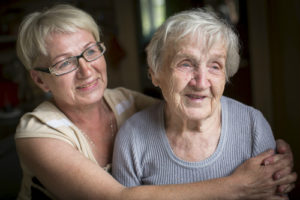
Home Care in Woolwich Township NJ: Knowing the Early Signs of Alzheimer’s on I Forgot Day
If you are like many family caregivers, one of the most pressing concerns that you have regarding the care that you give your parent is the possibility that they will develop Alzheimer’s or another form of dementia at some point in their later years. Such a diagnosis changes your perceptions about the future of your care and your relationship with your loved one and can leave you feeling worried about your ability to handle the challenges. By educating yourself about this disease and its realities you can feel more prepared to identify if your loved one might be struggling with it and do what you can to give them the care that is right for them.
July 2 is I Forgot Day. This is the perfect time for you to learn about the early signs of Alzheimer’s disease so that you can detect if your senior might be having a problem and take the steps to give them the care that they need.
Some of the early signs of Alzheimer’s disease include:
• Memory loss that is severe enough that it impacts daily functioning rather than just being a nuisance
• Difficulties making judgements or planning simple activities rather than just the occasional mistake or oversights
• Challenges with familiar tasks and activities of daily living, such as having problems getting to locations where they have visited many times or not following the rules of a game that they play frequently
• Seeming confused about where they are or the day, date, year, or season
• Struggling with language, such as not being able to come up with the right word or using nonsensical words or sounds to replace other words
• Frequently misplacing things and not being able to retrace their steps in order to find them
• No longer seeming interested in activities with friends or family
If your elderly loved one has recently been diagnosed with Alzheimer’s disease or another form of dementia, or their challenges have reached a point that they are too extensive for you to feel that you can handle them confidently, now may be the ideal time for you to consider starting home care for them. An in-home senior care services provider can be there with your elderly parent on a customized schedule to ensure that they receive the care, support, assistance, and other services that they need while also keeping you at the forefront of their care. This can mean helping them to manage their personal care tasks, providing safe and reliable transportation, providing meaningful reminders to help them stay compliant with their medications and treatment, and support a lifestyle that is as active, engaged, and independent as possible as they progress through their condition. As a family caregiver this can be tremendously reassuring and help you to feel confident knowing that your parent is getting everything that they need both when you are able to be with them and when you are not.
Source
https://www.alzheimersanddementia.com/article/S1552-5260(15)02447-4/abstract
https://www.alz.org/10-signs-symptoms-alzheimers-dementia.asp
https://www.alz.org/facts/overview.asp
For home care in Southern NJ and the surrounding areas, call and talk to us at Home to Stay Healthcare Solutions (856) 321-1500.












